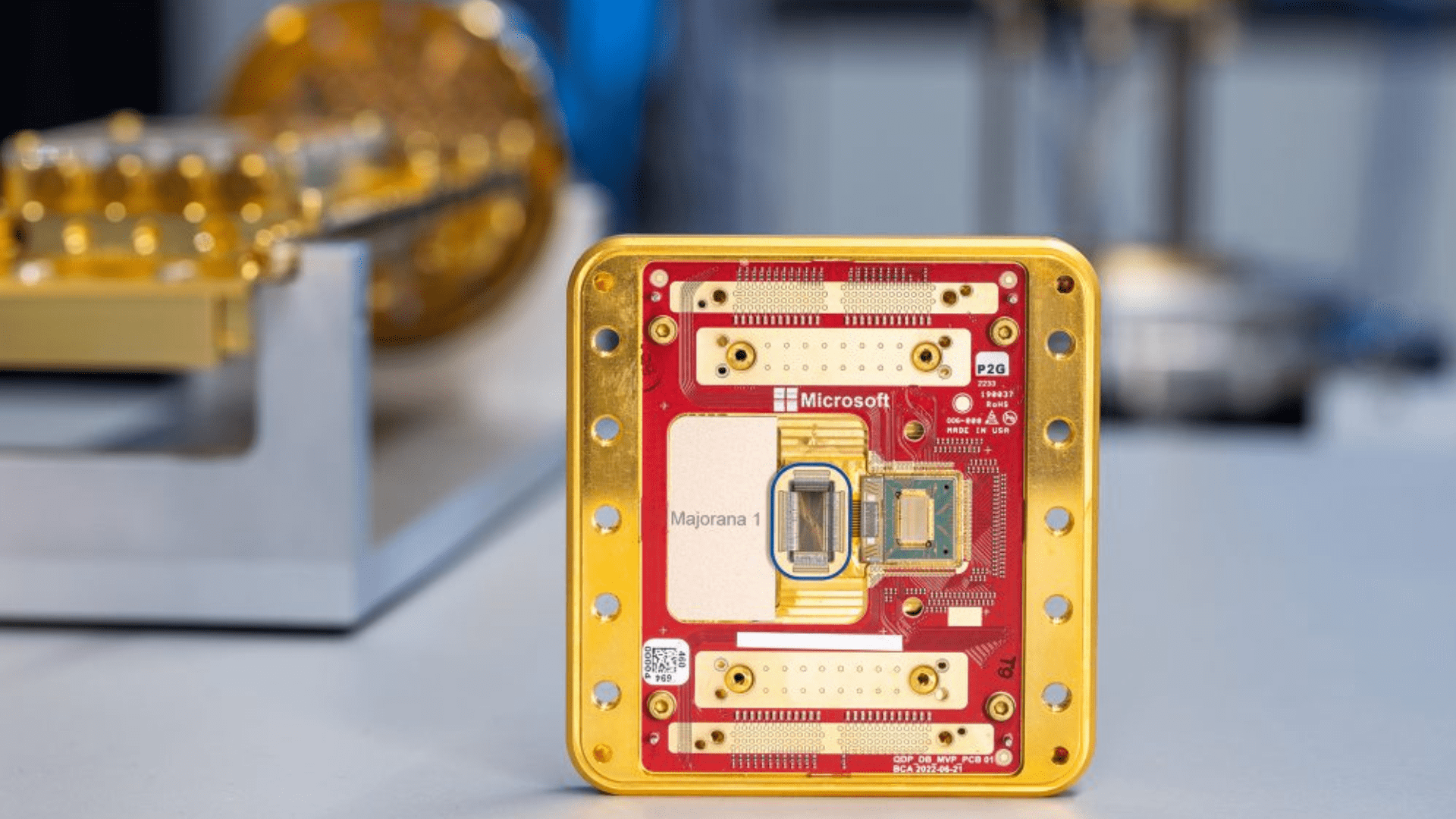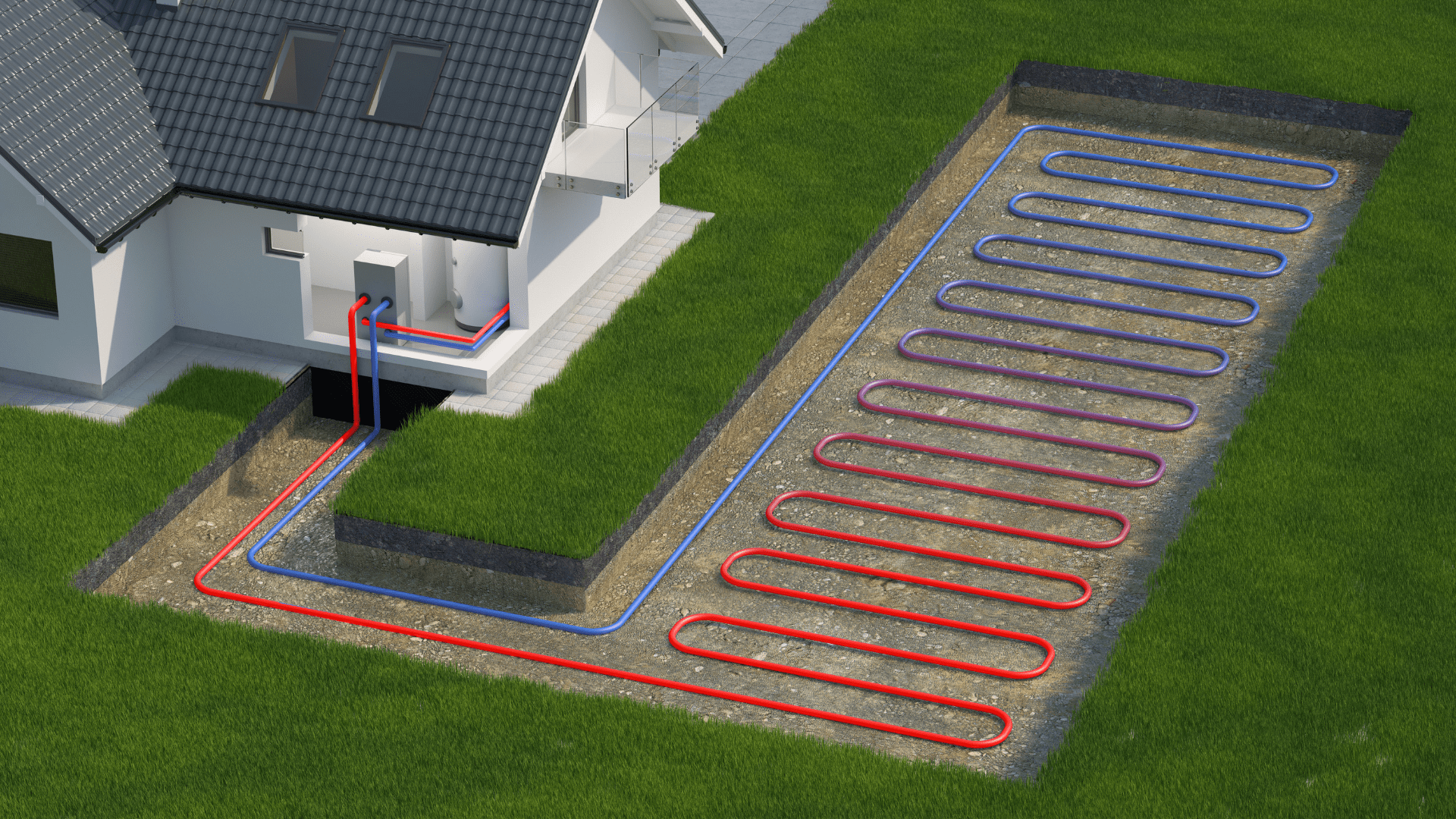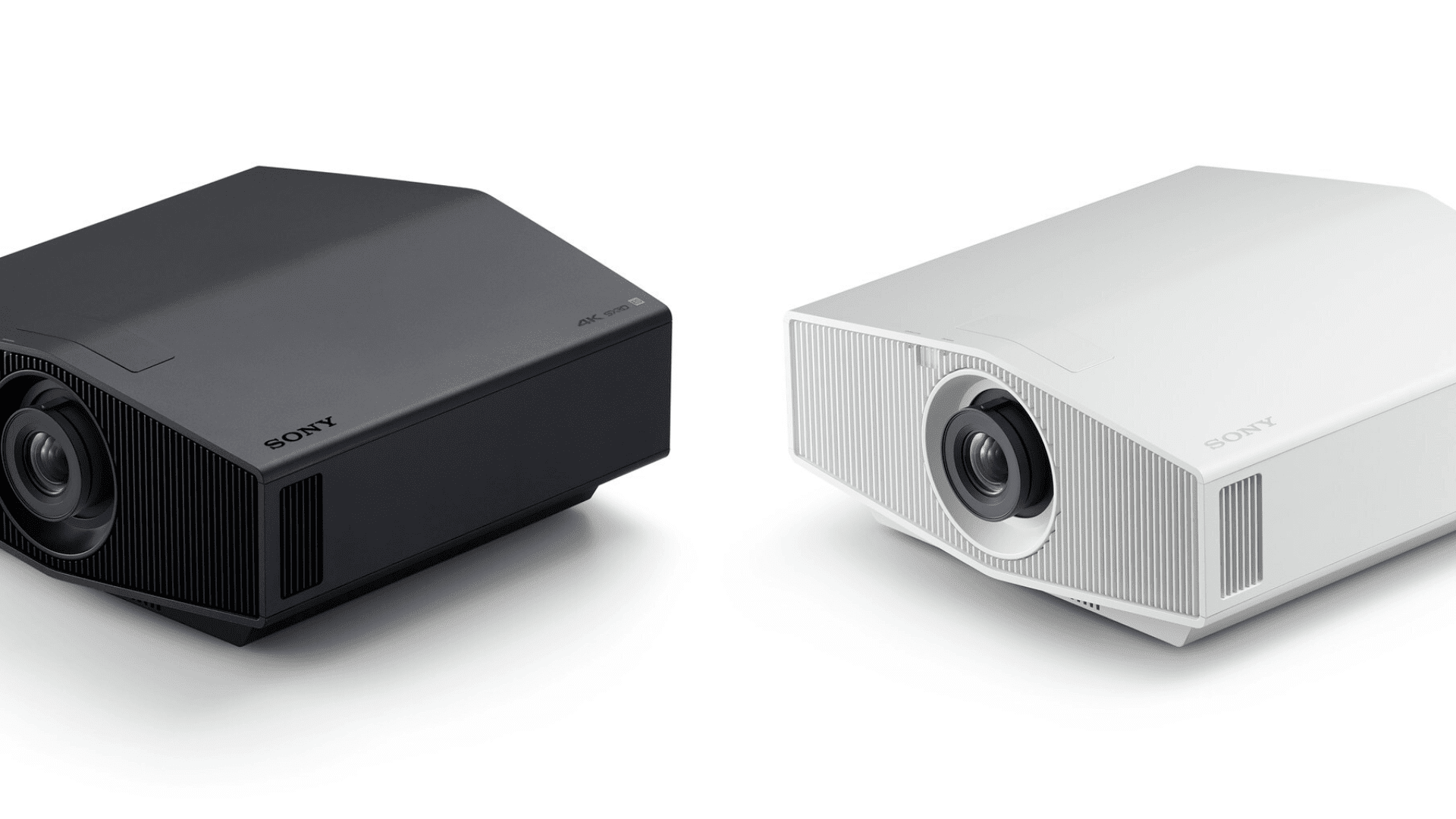Microsoft has introduced Majorana 1, the world’s first quantum chip utilizing a new Topological Core architecture. This groundbreaking development aims to resolve complex, industrial-scale problems.
At the heart of this innovation is a revolutionary material called a topoconductor. Microsoft says the material is designed to observe and control Majorana particles. This helps create more reliable and scalable quantum computer building blocks called qubits. By addressing a major hurdle in quantum computing, the new architecture seeks to enable systems to scale up to millions of qubits while maintaining stability and performance.
A Quantum Age

“We took a step back and said, ‘OK, let’s invent the transistor for the quantum age. What properties does it need to have?'” said Chetan Nayak, Microsoft technical fellow. “And that’s really how we got here – it’s the particular combination, the quality and the important details in our new materials stack that have enabled a new kind of qubit and ultimately our entire architecture.”
Microsoft views topoconductors as a significant technological advancement, comparing their potential impact to semiconductors, which revolutionized modern smartphones, computers, and electronics. This innovation could be a crucial step toward leveraging quantum computing to solve complex challenges. For instance, scientists might use it for climate modeling or to strengthen cybersecurity with enhanced encryption. As the technology evolves, it brings us closer to unlocking a new era of computing.
According to Microsoft, the new Majorana 1 processor architecture offers a viable path to fitting a million qubits on a single chip small enough to hold in one hand. The major tech company says a machine like this could enable breakthroughs beyond the reach of today’s conventional computers. For example, Microsoft envisions the technology unlocking breakthroughs such as breaking down microplastics or developing self-healing materials. These advancements could benefit industries such as construction, manufacturing, and healthcare.
Looking to the future, Microsoft’s ambition with Majorana 1 is clear: to advance quantum computing in a way that drives meaningful, real-world advancements across industries as the technology evolves and scales.
Microsoft achieved this breakthrough by designing and fabricating a new materials stack atom by atom. The company says the achievement marks a significant step toward harnessing Majorana particles and their unique properties.







